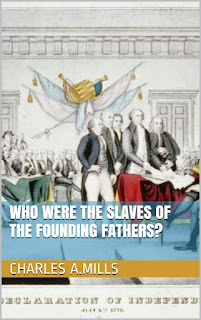During the American Revolution, the British lacked
sufficient manpower to put down a revolt by a “people numerous and well-armed”. This manpower shortage made the use of slaves
all the more appealing to the British since slaves constituted some twenty
percent of the total population of the colonies. On June 30, 1779, Sir Henry Clinton the
Commander-in-Chief of British forces in North America, promised in the so-called Philipsburg Declaration that "every NEGRO who shall desert the
Rebel Standard, [is granted] full security to follow within these Lines, any
Occupation which he shall think proper." Now it was not hundreds of slaves
seeking refuge in British lines but tens of thousands. Some one hundred thousand slaves (out of a
population of 500,000 slaves) are estimated to have sought freedom with the
British over the course of the next four years.
The number might have climbed even higher had slaves not feared brutal
retaliation against their families if they fled from their masters.
By freeing the slaves, the British forced slave masters
to guard slaves, one of their chief economic assets, instead of fighting
British troops. The British were willing to emancipate slaves if by so doing
they could first cripple and then crush the rebellion. Much as in the later American Civil War,
military necessity rather than morality acted as the catalyst of history. The
use of slaves by the British for military purposes soon prompted the American
rebels to begin recruiting blacks. George Washington gave his approval to Rhode Island's plan
to raise an entire regiment of black slaves (the state bought and emancipated
slaves willing to become soldiers). Similarly, Massachusetts raised an
all-black unit, the Bucks of America under Samuel Middleton, the only black
commissioned officer in the Continental Army. In October 1780, even Maryland
accepted "any able-bodied slave between 16 and 40 years of age, who
voluntarily enters into service . . . with the consent and agreement of his
master." New York began recruiting slaves in March 1781. By June 1781 some 1,500 (25 %) of the 6,000
troops under George Washington’s direct command were black.

Who Were the Slaves of the Founding Fathers?
How Martha Washington Lived: 18th Century Customs






















